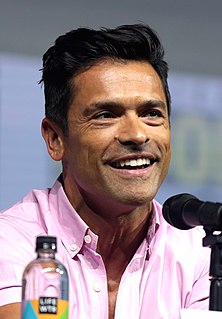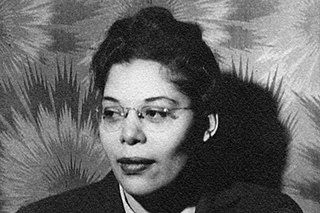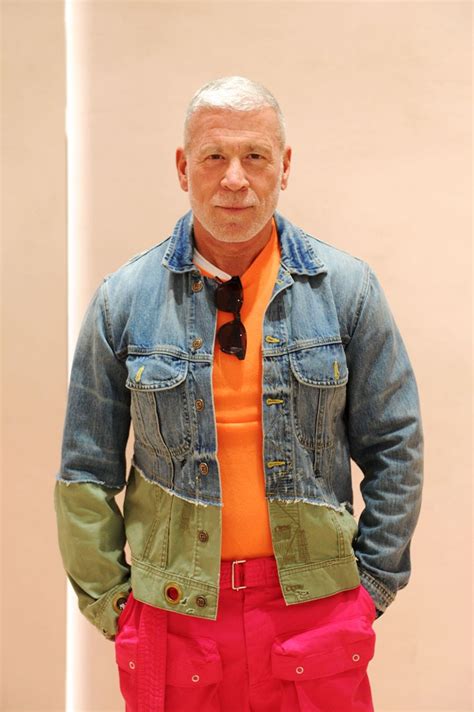A Quote by John Henrik Clarke
I'm one of the people who believes that our losses were greater than our gains. Because before the Civil Rights movement we had entrepreneurship in the black community. Right now, in Harlem, if I wanted to get a shoe repaired, I would have a hard time finding a black shoe repairman. On near about every third corner, you could find a decent black barber, decent black laundry, had restaurants in the neighborhood that were open 24 hours. The food was good at 3 o'clock in the morning as at 3 o'clock in the afternoon.
Quote Topics
About
Afternoon
Barber
Because
Before
Believes
Black
Black Community
Civil
Civil Rights
Civil Rights Movement
Clock
Community
Corner
Could
Decent
Entrepreneurship
Every
Find
Finding
Food
Gains
Get
Good
Greater
Had
Hard
Hard Time
Harlem
Hours
Laundry
Losses
Morning
Movement
Near
Neighborhood
Now
Open
Our
People
Restaurants
Right
Right Now
Rights
Rights Movement
Shoe
Than
Third
Time
Wanted
Were
Would
Related Quotes
There was a Yale even before Larry [Kramer] and I got there, and there were three designations of students: "white shoe," "brown shoe," and "black shoe." "White shoe" people were kind of the ur-preppies from high-class backgrounds. "Brown shoe" people were kind of the high school student-council presidents who were snatched up and brushed up a little bit to be sent out into the world. "Black shoe" people were beyond the pale. They were chemistry majors and things like that.
I would say I'm black because my parents said I'm black. I'm black because my mother's black. I'm black because I grew up in a family of all black people. I knew I was black because I grew up in an all-white neighborhood. And my parents, as part of their protective mechanisms that they were going to give to us, made it very clear what we were.
Adults who loved and knew me, on many occasions sat me down and told me that I was black. As you could imagine, this had a profound impact on me and soon became my truth. Every friend I had was black; my girlfriends were black. I was seen as black, treated as black, and endured constant overt racism as a young black teenager.
Black was bestlooking. ... Ebony was the best wood, the hardest wood; it was black. Virginia ham was the best ham. It was black on the outside. Tuxedos and tail coats were black and they were a man's finest, most expensive clothes. You had to use pepper to make most meats and vegetables fit to eat. The most flavorsome pepper was black. The best caviar was black. The rarest jewels were black: black opals, black pearls.
Generally, the arguments for same-sex marriage go along these lines: 'I have a civil right.' What the homosexual movement wants to do is to hitch their agenda to the civil rights movement, but I point out that this is illegitimate for a number of reasons. Number one, no black person has ever left his black-ness or changed his black-ness, but plenty of people have come out of the homosexual movement. What we need to do is distinguish between race and behavior.
There is not a history of black intellectuals being allied with dominant forces to hold white people in social and cultural subordination for a few centuries. Second, the "our" of black folk has always been far more inclusive that the "our" of white folk. For instance, there would have hardly been a need for "black" churches if "white" churches had meant their "our" for everybody - and not just white folk. But "our" black churches have always been open to all who would join. The same with white society at every level.
The civil rights movement didn't deal with the issue of political disenfranchisement in the Northern cities. It didn't deal with the issues that were happening in places like Detroit, where there was a deep process of deindustrialization going on. So you have this response of angry young people, with a war going on in Vietnam, a poverty program that was insufficient, and police brutality. All these things gave rise to the black power movement. The black power movement was not a separation from the civil rights movement, but a continuation of this whole process of democratization.


































